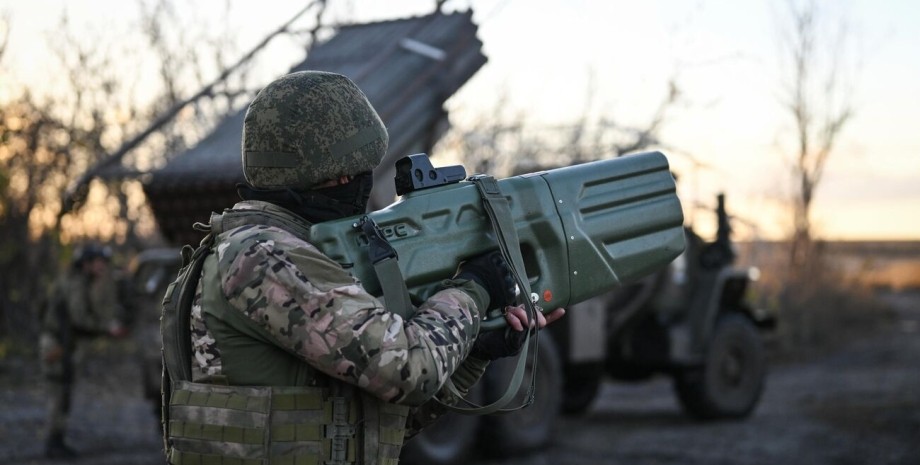
 By Victor Duda
By Victor Duda
In an interview with Ukrinform, this opinion was voiced by a military-political analyst, an excanderment of the Aidar battalion's company Eugene Dyky. According to him, in the first year of a full -scale war it was the idea that the "iron" of Russian invaders would never end, but 2 and a half years have passed and monitoring their warehouses shows that in "bottomless bins" already shines through the bottom.
" "Iron" in the enemy - for a year, well, for a maximum of one and a half years of war of such intensity as now. And it is from the assumption that all the equipment in warehouses can at least potentially be put on the front, and this assumption is deliberately unrealistic, " - said Eugene Wild. Separately the analyst added that his assessment was specially inflated in favor of the Russians. The fact that the enemy is always better overestimated than on the contrary. Several years, unlike weapons.
We imagined that we needed to "turn" maximum op ** in, and then, when a sufficient amount of zinc came into the op ** - something would begin. And it turned out - 100, 200, 300, 400, 400, 500 thousand - they do not end on the drum. And most importantly - their society was realized. They are not Muscovites from the office, you know? And we tried about Russia with Moscow and Peter, " - summed up Eugene Dyky.










All rights reserved IN-Ukraine.info - 2022